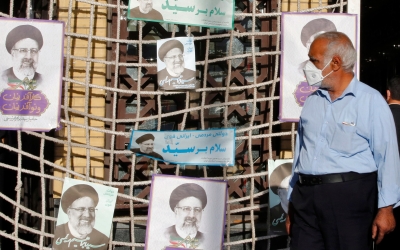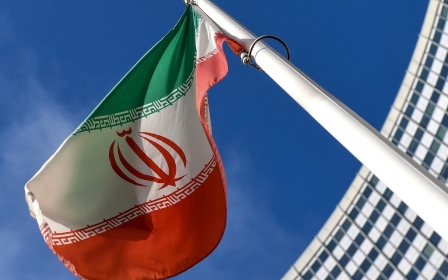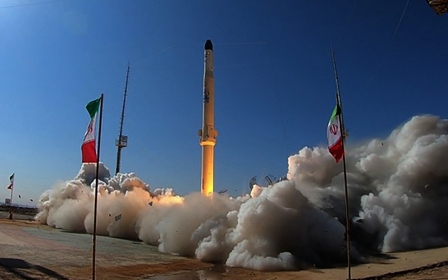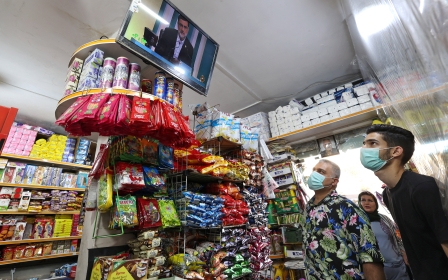Iran says broad deal reached with US over lifting energy sanctions
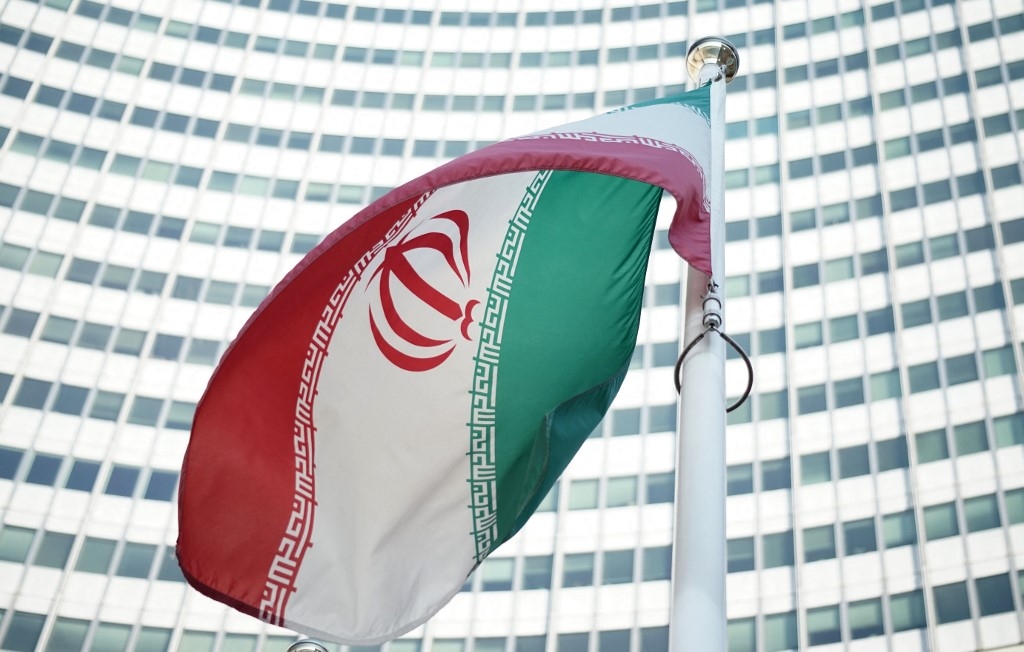
Iran said it reached a broad agreement with the US over the lifting of sanctions on its industrial sectors, including energy, but warned there was “very little” time left for world powers to revive the 2015 nuclear deal.
Foreign ministry spokesperson Saeed Khatibzadeh said the reimposition of the Joint Comprehensive Plan of Action (JCPOA) was being delayed because there were still some sticking points, Bloomberg reported on Monday.
"Some minute technical, political, legal and practical issues remain," Khatibzadeh told reporters. "No task was impossible for negotiators" and there is no impasse, he said.
Initiated by the Biden administration, the current nuclear negotiations seek to save the 2015 multilateral agreement that former US President Donald Trump quit in 2018.
After European signatories were unable to convince the Trump administration to honour the accord, Iran began rolling back its own compliance, rebuilding stockpiles of uranium and enriching it to higher levels of fissile purity while Washington imposed harsh sanctions on Tehran's economy as part of a "maximum pressure" campaign.
On Saturday, Abbas Araghchi, Iran's lead envoy in Vienna, said a deal was unlikely before presidential elections.
President Hassan Rouhani, who originally negotiated the deal in 2015, will leave office in August after having served two terms. Presidential elections are to be held on Friday, where seven candidates - five conservatives and two reformists - will look to win the presidency.
Earlier this month, Iranian government spokesman Ali Rabiei said the government was hopeful that an agreement on the nuclear deal could be settled before Rouhani's presidency ends.
China's ambassador to the UN nuclear watchdog, Wang Qun, who is representing Beijing at the ongoing nuclear negotiations in Vienna, called on Washington to stop delaying the lifting of sanctions on Tehran.
According to a tweet from the Chinese embassy on Sunday, the ambassador said Iran's concerns about the lifting of sanctions are legitimate and that the US and the other world powers should take "effective measures" to avoid a repeat of the US withdrawal from the nuclear accord or a re-imposition of sanctions.
Republicans still oppose nuclear deal
While the Biden administration has been vocal about its intentions to return to the nuclear deal, it has faced stiff and consistent opposition from Republicans in Congress.
A group of Republican senators introduced a bill on Friday that would make any deal with Iran over its nuclear programme subject to Senate approval.
The bill would consider any deal made with Iran to be a treaty, which requires the Senate to sign off with a two-thirds majority before it goes into effect.
"It's clear the Biden administration is in the business of appeasing adversaries like Russia, state sponsors of terrorism like Iran, and Iran’s terrorist proxies like Hamas," Senator Ron Johnson, who is leading the legislative effort, said in a statement.
"Instead of addressing the threats these actors pose, the administration will coddle the Iranian regime and ignore its malign activity throughout the region. Any potential agreement with Iran involves risks that affect our entire nation.
"It is critical to the security of America and to world peace that any deal Biden negotiates with Iran be deemed a treaty requiring approval by the US Senate."
The bill has also been signed by 20 other Republicans, including Senators Jim Risch, Ted Cruz, Marco Rubio and Mike Lee.
Middle East Eye delivers independent and unrivalled coverage and analysis of the Middle East, North Africa and beyond. To learn more about republishing this content and the associated fees, please fill out this form. More about MEE can be found here.


